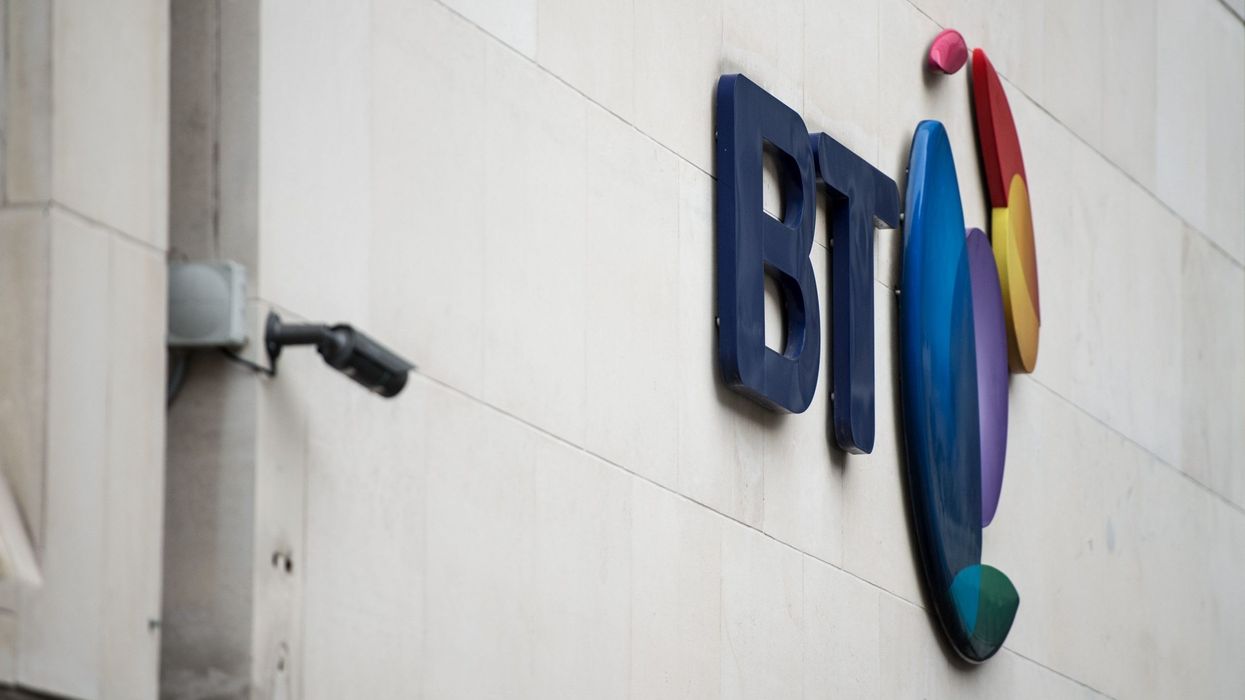BT Group, the largest broadband and mobile provider in Britain, has announced plans to cut up to 55,000 jobs, including contractors, by 2030. This reduction potentially represents over 40% of its workforce as the company finalizes its fibre roll-out and adjusts to emerging technologies like artificial intelligence (AI).
Under the leadership of CEO Philip Jansen, BT has been implementing a transformation plan aimed at establishing a national fibre network and launching high-speed 5G mobile services.
Despite reporting pro forma revenue and core earnings growth for the first time in six years, the costs associated with business transformation and the impact on free cash flow have negatively impacted the company's shares, resulting in a 7% decline in morning trade.
Jansen outlined that once the fibre roll-out is complete, and the company digitises its operations, adopts AI, and streamlines its structure, BT will rely on a significantly smaller workforce and achieve a substantially reduced cost base by the end of the 2020s.
"New BT Group will be a leaner business with a brighter future," he said.
BT Group has announced plans to reduce its workforce from 130,000 to between 75,000 and 90,000 by its 2030 financial year.
Out of the current employees, approximately 30,000 are contractors. The company anticipates that the job cuts will accelerate as it finalises its fibre build and discontinues 3G services.
Jansen said the reduction in jobs will be a rolling programme, spanning a period of five to seven years. The changes are expected to align with a "landing zone" by the specified timeframe.
In a similar move, BT's competitor Vodafone also revealed plans to cut 11,000 jobs globally to regain its competitive position.
Jansen explained that advancements in technology would lead to a decrease in the demand for network engineers, with approximately 10,000 fewer professionals required to manage digital networks.
Additionally, automation and AI are expected to replace another 10,000 positions.
According to Jansen, there are significant possibilities to leverage AI, and he described generative AI large language models as a groundbreaking advancement comparable to the advent of smartphones. He expressed BT's intention to utilise AI to enhance customer service, prioritising customer requirements, and to capitalise on other potential business prospects.
"We're not going to be in a situation where people feel like they're dealing with a robot," he said. ""We've got multichannel, we're online, we have got 450 stores, that's not planning on changing."
Cashflow Invested
Jansen, acknowledged that the company had made commendable strides in its full-year results, particularly considering the challenging macro-economic environment. Meeting market predictions, BT reported a 5% increase in adjusted core earnings, reaching £7.9 billion ($10 billion).
This growth was attributed to positive performance in networks and consumer businesses, which offset a decline in the enterprise segment.
However, BT experienced a 5% decrease in free cash flow (FCF), amounting to £1.3 billion, which fell at the lower end of its guidance. This decline can be attributed to higher cash capital expenditure.
Furthermore, the projected free cash flow for 2024 was below analysts' expectations, indicating a more conservative outlook for the company's cash flow generation in the coming years.
Simon Lowth, the Chief Financial Officer of BT, announced that the company intends to allocate the funds generated from the British government's new tax expensing to support its network expansion and facilitate customer connectivity through fibre.
As a result, the projected free cash flow for the year is estimated to be between £1.0 billion and £1.2 billion, which falls below market expectations of £1.22 billion.
BT's networks division, Openreach, has reaffirmed its commitment to connecting 25 million premises with ultra-fast full-fibre connections by the end of 2026.
The company has been making substantial investments to accelerate the deployment of its fibre network, outpacing competitors like Virgin Media O2 and smaller alternative networks.
Furthermore, BT anticipates growth in both revenue and core earnings on a pro forma basis for the current year.
(Reuters)




